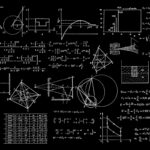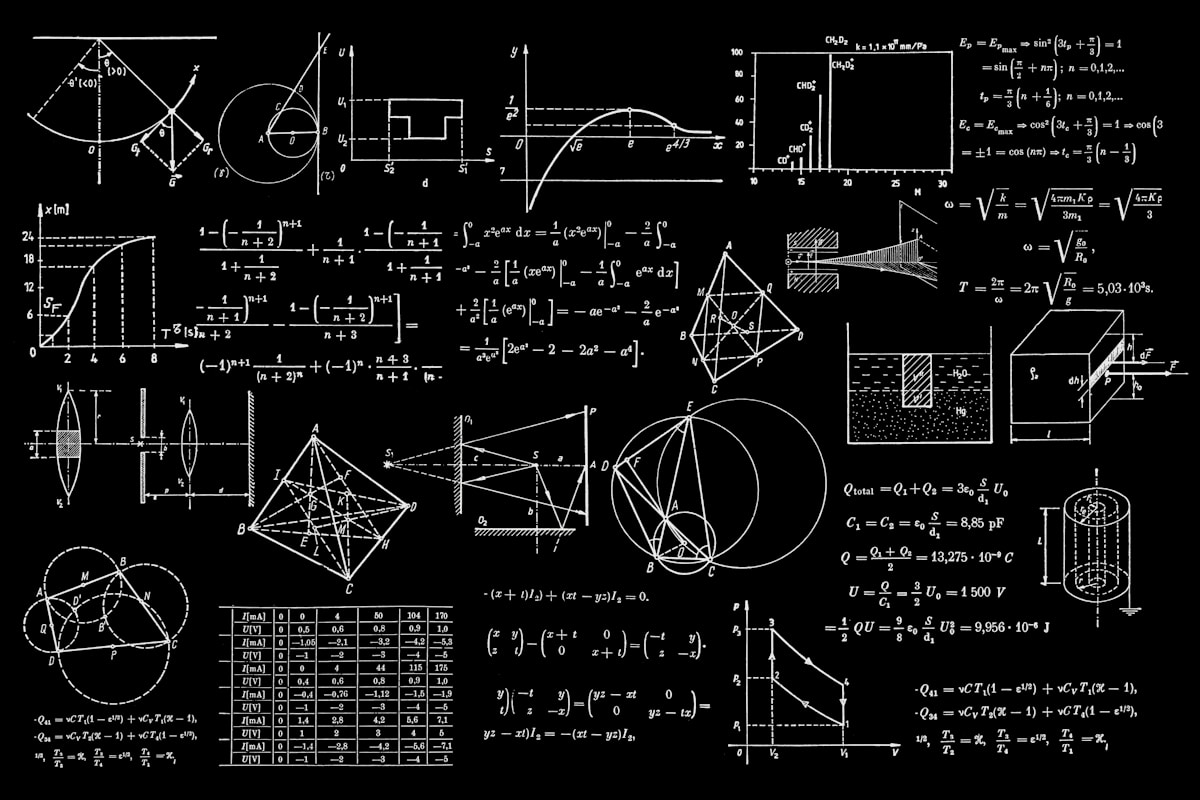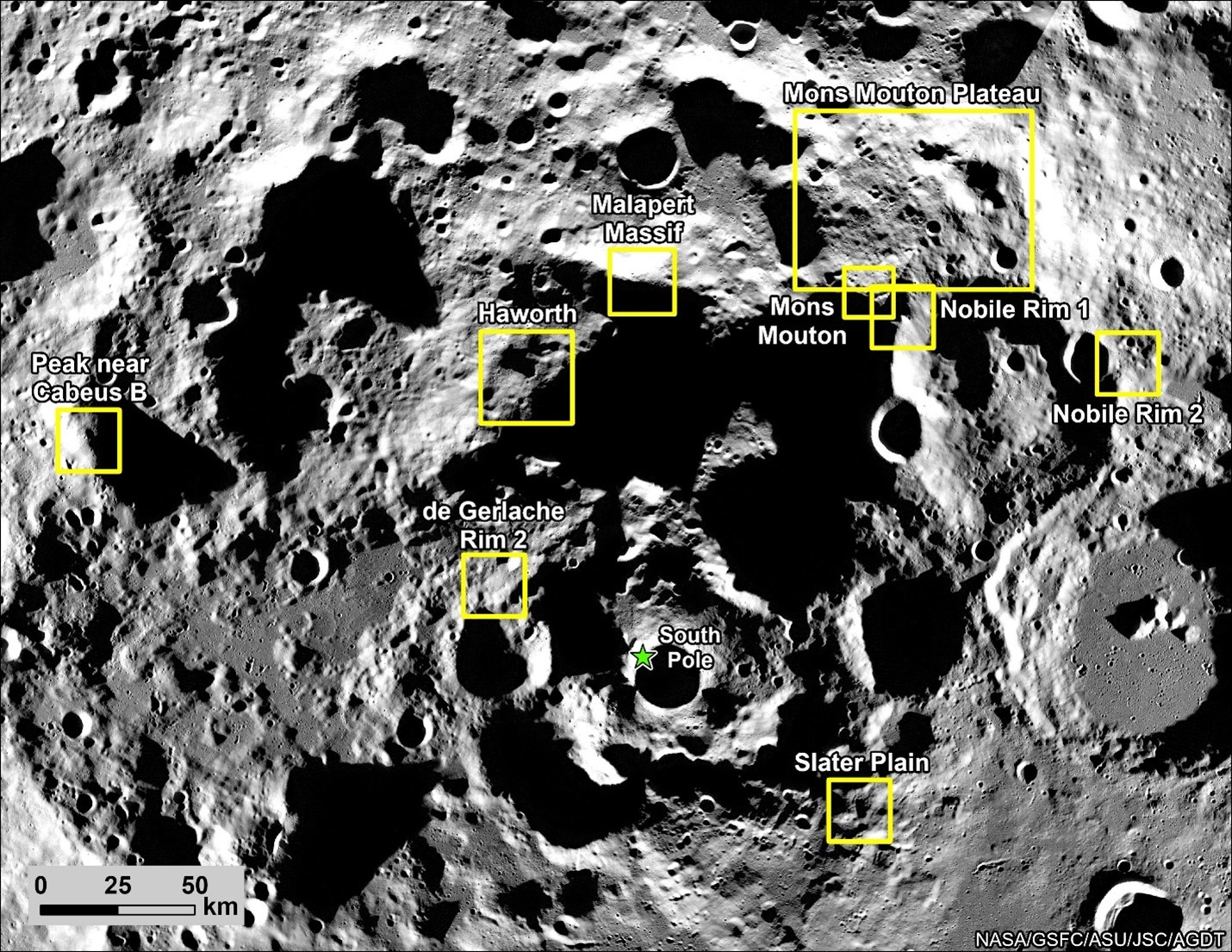STOCKHOLM – The Royal Swedish Academy of Sciences announced Tuesday that British physicist John Clarke, French scientist Michel H. Devoret, and American researcher John M. Martinis have been awarded the 2025 Nobel Prize in Physics for their grSTOCKHOLM – The Royal Swedish Academy of Sciences announced Tuesday that British physicist John Clarke, French scientist Michel H. Devoret, and American researcher John M. Martinis have been awarded the 2025 Nobel Prize in Physics for their groundbreaking work demonstrating quantum effects in macroscopic electrical circuits.
The three scientists, all affiliated with American universities, will share equally the 11 million Swedish kronor prize (approximately $1 million) for discoveries that prove the bizarre laws of quantum physics can apply to systems large enough to fit in the palm of a hand.
“It is wonderful to celebrate how quantum mechanics, created over a century ago, still offers new surprises and remains the foundation of all digital technology,” said Olle Eriksson, chairman of the Nobel Committee for Physics.
Their experiments demonstrated that quantum phenomena—previously observed only in microscopic particles—can be recreated in electrical circuits of macroscopic size. The researchers built circuits made of superconductors separated by a thin insulating layer, forming what is known as a Josephson junction.
When electric current passed through the circuit, the scientists observed something unprecedented: the system was able to tunnel through an energy barrier—a behavior known as quantum tunneling. This means the circuit, despite being composed of billions of particles, acted as if it were a single giant particle obeying quantum mechanical rules.
The researchers also showed that the system only absorbs and emits energy in specific quantities, a phenomenon known as energy quantization—the same principle that governs electrons within atoms.
“These discoveries have opened entirely new avenues for quantum computing and ultra-sensitive measurement devices,” explained Dr. Sarah Mitchell, professor of quantum physics at MIT. “The ability to observe quantum effects at macroscopic scales bridges the gap between the quantum and classical worlds.”
The breakthrough has profound implications for developing quantum computers capable of solving problems far beyond the reach of conventional computers. The superconducting qubits used in many current quantum computing efforts are direct descendants of the circuits pioneered by the laureates.
Dr. Martinis, who previously led Google’s quantum computing efforts, has been instrumental in developing superconducting quantum processors. Dr. Devoret’s work at Yale University has advanced the coherence times of quantum bits, while Dr. Clarke’s pioneering research at UC Berkeley laid the foundation for superconducting quantum interference devices (SQUIDs).
“This recognition celebrates decades of fundamental research that has transformed our understanding of how quantum mechanics operates in larger systems,” said Dr. Devoret in a statement following the announcement.
Source: Royal Swedish Academy of Sciences / Nobel Foundationoundbreaking work demonstrating quantum effects in macroscopic electrical circuits.








